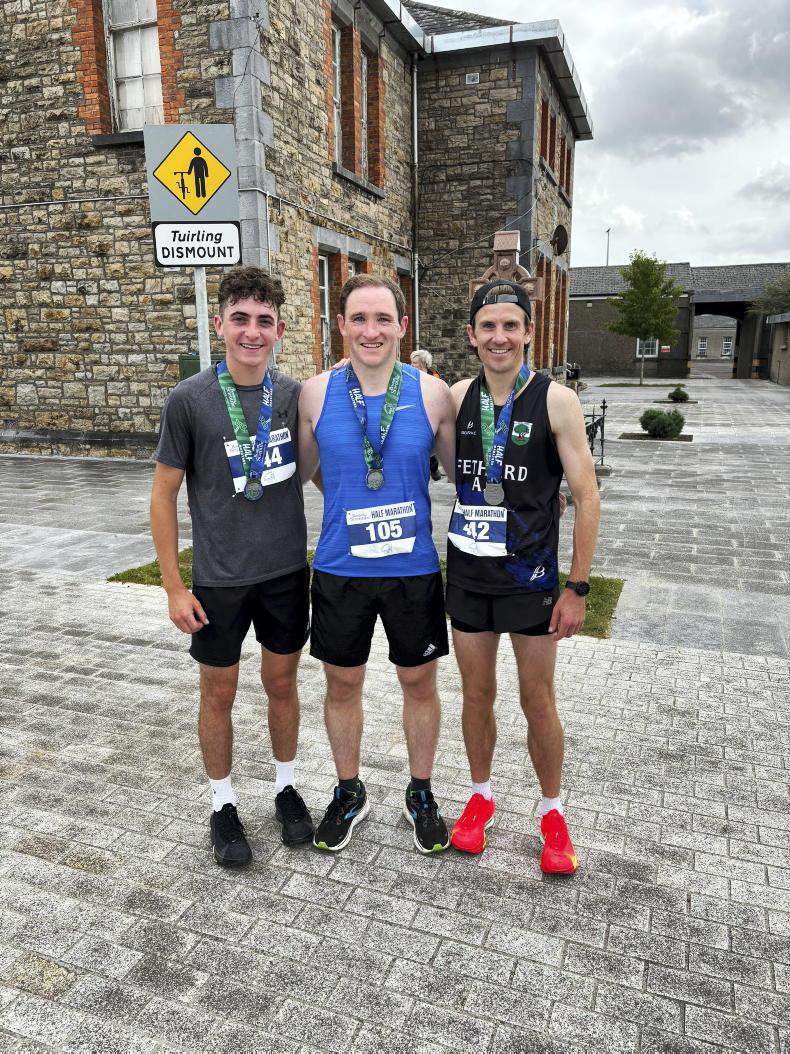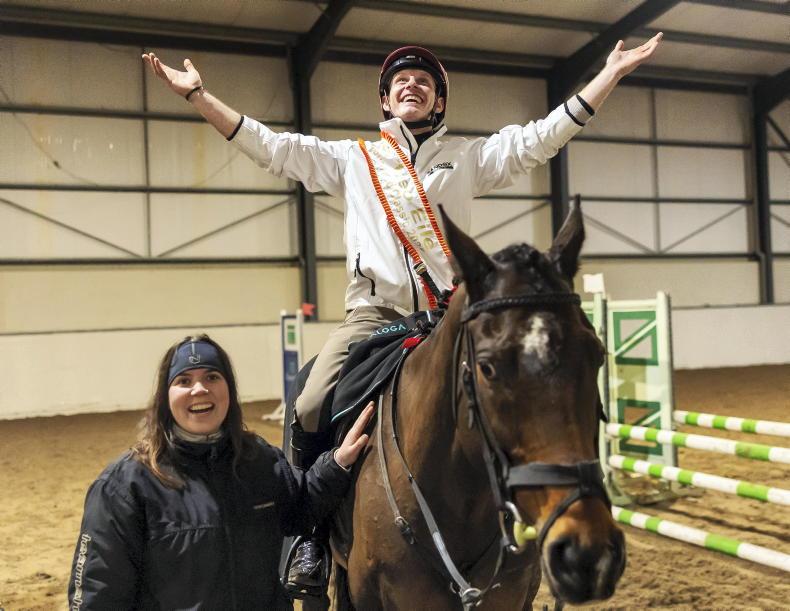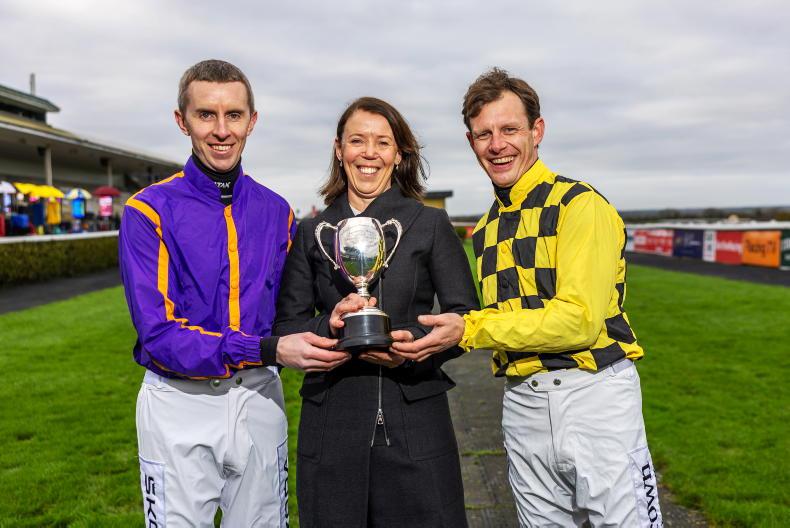OFFICIALS from the leading racehorse aftercare charities in Ireland, Britain and France met in Newmarket earlier this month to discuss how they could work together to establish and promote best practices for the industry.
Treo Eile was represented at the meeting by co-founder and director Caoimhe Doherty and executive Anne O’Connor. Also in attendance was Retraining of Racehorses managing director David Catlow and, from Au-Delà des Pistes in France, executives Carole Desmetz and Mégane Martins, with vice-president Alix Choppin.
They were joined for a brainstorming session by Godolphin’s UK charities manager Penny Taylor and Diana Cooper, who is a Treo Eile co-director and also a steering group member of the International Forum for the Aftercare of Racehorses (IFAR).
All three charities have proved incredibly efficient at establishing connections between racing and equestrian disciplines in order to provide increasingly diverse and secure outcomes for thoroughbreds as they embark on their second career following retirement from racing.
Their respective brands have become household names in the industry and actively contribute to raising awareness about retrained racehorses’ versatility and outstanding athletic qualities for all equestrian sports.
The milestone gathering was intended to set up a collaborative base for best practice exchange and a lobbying force to push for transnational topics of welfare and aftercare to be addressed by the racing authorities in Ireland, Britain and France.
All three charities specifically agreed to combine forces on four issues that were identified as obstacles to aftercare becoming increasingly embedded within racing’s objectives and commitments.
The next step of this tripartite cooperation involves each charity meeting with its respective authorities and partners with a view to coming up with a strategic plan for each subject. The next gathering is due to take place in France in the autumn.
Alix Choppin commented: “Starting up collaboration with our British and Irish counterparts has been a long-term goal of ours and we are all thrilled that it has now materialised with the support of Godolphin and IFAR.
“Aftercare is a commitment that we owe to our wonderful horses as well as to society if racing is to continue thriving in attracting fans, racegoers, owners, bettors and media interest.”
David Catlow added: “We are very grateful to Godolphin for facilitating the day and bringing us together, demonstrating their own deep commitment to the welfare of horses after they have retired from racing. Worldwide, there is increasing debate around the use of horses in sport and their welfare before, during and after racing. RoR, Treo Eile and Au-Dela Des Pistes already do a great deal for aftercare in our respective jurisdictions and with more support from the wider racing industry, we are ideally placed to build on what has already been achieved and give confidence that racehorses continue to enjoy a good life after racing.”
Caoimhe Doherty said: “The sharing of our journeys to date highlighted common areas of progress and concern. The passion for the welfare of racehorses within each organisation was very evident, as was the positivity to work together to enhance our sector and the ongoing commitment by our respective industries.”


 This is a subscriber-only article
This is a subscriber-only article
 It looks like you're browsing in private mode
It looks like you're browsing in private mode










SHARING OPTIONS: